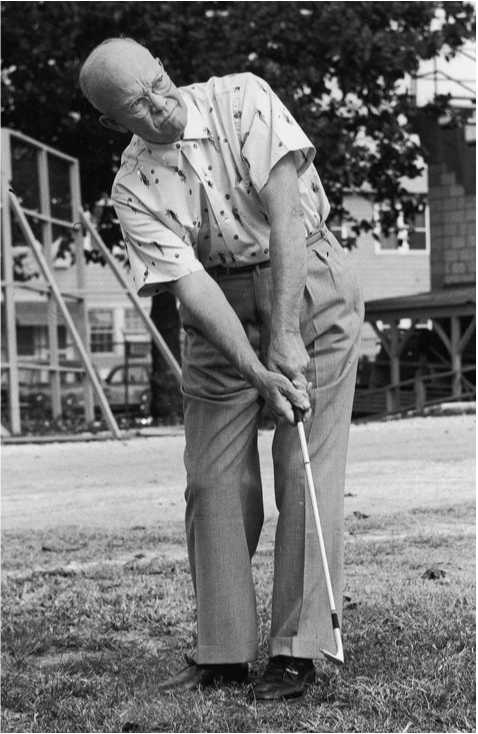In February 1950 an obscure senator, Joseph R. McCarthy of Wisconsin, introduced this theme in a speech to the even less well-known Ohio County Republican Women’s Club of Wheeling, West Virginia. “The reason we find ourselves in a position of impo-tency,” he stated, “is not because our only powerful potential enemy has sent men to invade our shores, but rather because of the traitorous actions of those who have been treated so well by this nation.” The State Department, he added, was “infested” with communists. “I have here in my hand a list of 205—a list of names that were known to the Secretary of State as being members of the Communist party and who nevertheless are still working and shaping. . . policy.”33
Why this speech caused a sensation has never been satisfactorily explained. McCarthy had no shred of evidence to back up these statements, as a Senate committee headed by the conservative Democrat Millard Tydings of Maryland soon demonstrated. He never exposed a single spy or secret American communist. One reporter quipped that McCarthy could not tell Karl Marx from Groucho Marx.
But because of the government loyalty program, the Hiss case, and other recent events, thousands of people were too eager to believe McCarthy to listen to reason. Within a few weeks he was the most talked of person in Congress. Inhibited neither by scruples nor by logic, he lashed out in every direction, attacking international experts like Professor Owen Lattimore of Johns Hopkins University and diplomats such as John S. Service and John Carter Vincent, who were already under attack for having courageously pointed out the deficiencies of the Chiang Kai-shek regime during the Chinese civil war.
When McCarthy’s victims indignantly denied his charges, he distracted the public with still more sensational accusations directed at other innocents. Even General Marshall, whose patriotism was beyond question, was subjected to McCarthy’s abuse. The general, he said, was “steeped in falsehood,” part of a “conspiracy so immense and an
McCarthy, Wheeling, West Virginia, Speech

Many critics lampooned Eisenhower for his banal amusements. A popular bumper sticker read: "BEN HOGAN [a famous golfer] FOR PRESIDENT. IF WE'RE GOING TO HAVE A GOLFER FOR PRESIDENT, LET'S HAVE A GOOD ONE.” Others have viewed Eisenhower's passion for golf as characteristic of his presidential style: methodical, prudent, and, when in the rough, disarmingly shrewd.
Infamy so black as to dwarf any previous venture in the history of man.”
McCarthy was totally unscrupulous. The “big lie” was his most effective weapon: The enormity of his charges and the status of his targets convinced thousands that there must be some truth in what he was saying. Nevertheless, his crude tactics would have failed if the public had not been so worried about communism. The worries were caused by the reality of Soviet military power, the attack on Korea, the loss of the nuclear monopoly, and the stories about spies, some of them true.
•••-[Read the Document




 World History
World History









